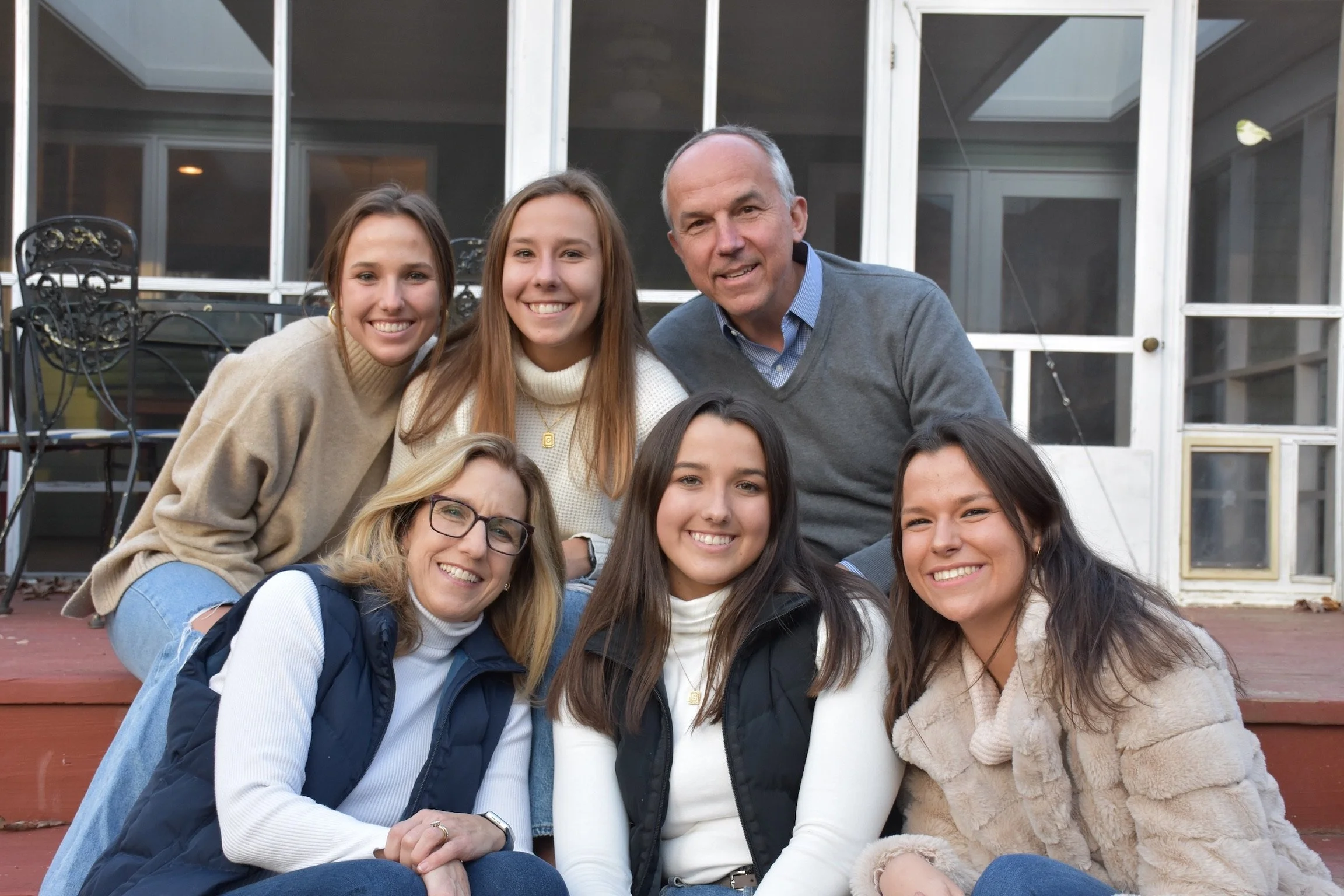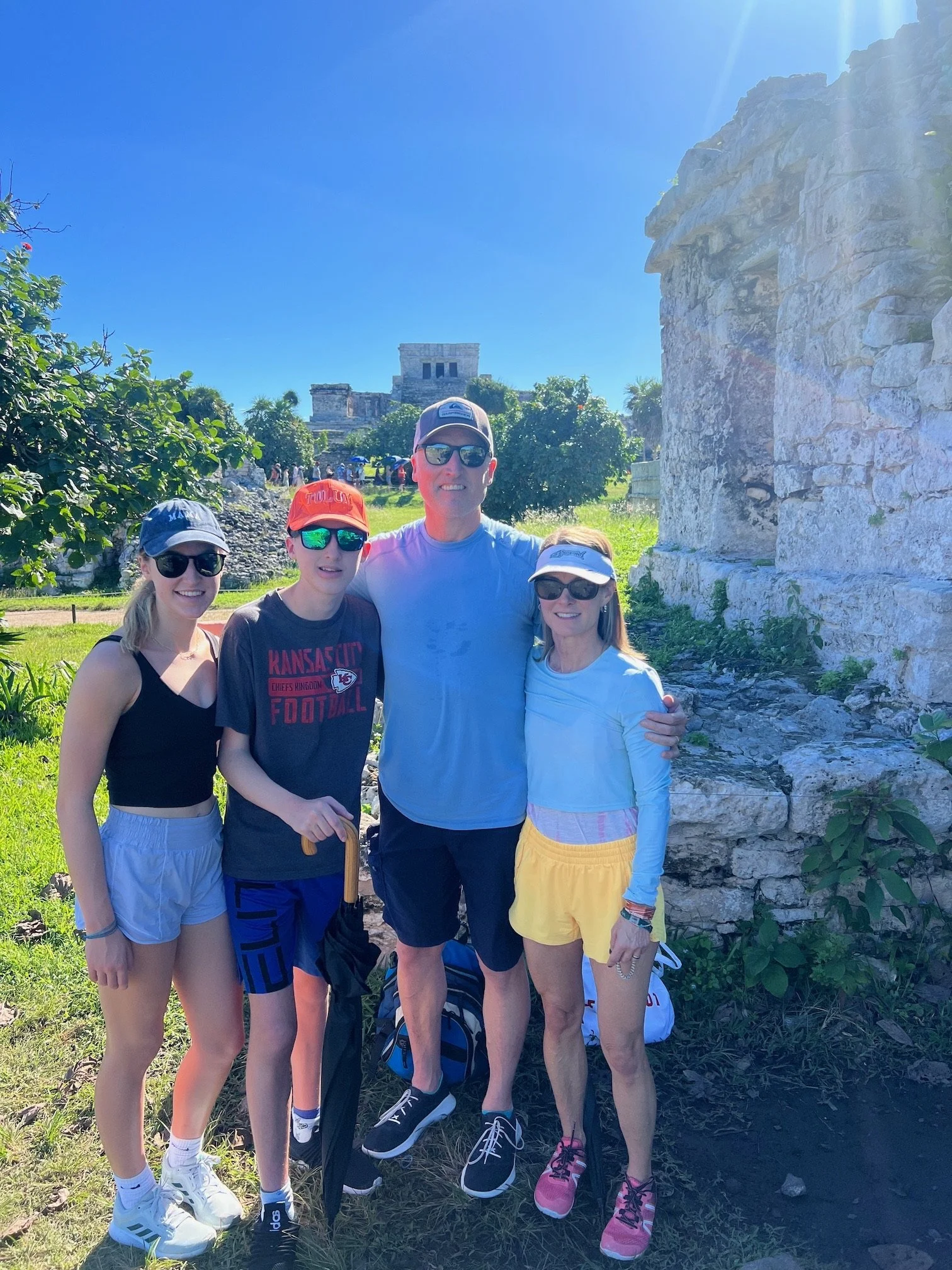How Your Hormonal Shifts Are Changing Your Parenting Instincts
You hide in the pantry with the good chocolate, linger in the car for ten deep breaths, or pour yourself the largest glass of wine in the house.
Some days it’s a quick call to a friend. Other days it’s a scroll through Instagram, or maybe you stay late (read: hide) at work just to finish “one last thing.”
All you’re asking for is 60 seconds to yourself.
And…your teenager walks in and grumbles about unloading the dishwasher. You snap: “Can’t you do anything around here without complaining?”
Ouch. Your reaction surprises even you.
That’s not stress. That’s hormones reshaping your parenting instincts.
Your day just went from exhausting to defeating. You are accomplished at work, a loving daughter, active in your community – you get it done every single day. But this? Parenting right now is FAR from easy.
You’ve read the headlines. Maybe you’ve Googled your symptoms at 2am. You wonder why your patience is thin, your memory seems foggy, and your kid’s latest mood swing feels strangely familiar.
Perimenopause is not just hot flashes and irregular periods.
It’s a complex hormonal transition that often lasts 4–10 years! During this time, our now-familiar hormones estrogen, progesterone, and cortisol fluctuate wildly to disrupt sleep, mood, memory, histamines, energy, and yes, even your metabolism. Over 80% of women experience symptoms that impact their daily functioning, yet many women go undiagnosed or unsupported.
And when you’re running on no sleep and with a shorter fuse, it’s hard to stay calm when your 14-year-old forgets to turn in their homework—again.
That’s where the MicroStep Method® comes in, helping you make small, in-the-moment shifts so you don’t default to the reactions you’ll regret later.
Here’s the kicker: your teen’s not exactly coasting through calm waters, either. They’re riding their own wave of change—navigating identity shifts, emotional volatility, and all the turbulence of adolescence.
Parenting stress is high during these years, and it skyrockets when perimenopause rears its head. All of those stressors are amplified by the biological and psychological changes happening on both sides.
My friend Mary Willcox Smith and I have put together an interactive, fact-based and tip-filled lunchtime talk to help you navigate BOTH perimenopause and parenting. One impacts the other, and we cannot wait to talk to you about both shifts.
Mary Wilcox Smith, with her husband and four daughters
Without guidance, you may not know where or how to make your next move. We are here to change that, to share what we wish experts would’ve shared with US when we were in this phase of life.
Perimenopause starts earlier than most women realize, often while they’re still deep in the parenting trenches. It can begin in our thirties and can last up to 10 years. These 10 years of parenting can feel rudderless. Layer in your own hormonal shifts, and the smallest disruption can hit like a tidal wave.
You’re answering a work email when your child starts yelling from the other room about missing sneakers. You can feel your temperature rising—but, nope, it’s not a hot flash. Your brain has sent you from zero to sixty in under five seconds, turning that connection you’ve been honing for years into the collision you dread.
It doesn’t seem fair: just when your tween or teen needs your calm the most, your own hormones are hijacking it.
Mary and I both know the feeling of self-doubt and, worse yet, blame and shame. Our emotional blow-ups aren’t just “bad moments”; they shape the emotional safety and trust your child carries forward.
Thankfully, no mom is alone on this journey. Join us September 12.
Adrien Cotton, with her husband and teenaged twins
Mary always says, “You can’t lead from a place of chaos—yours or your child’s.” That’s exactly why we’re teaming up—to help you anchor yourself so you can guide them, even on the hard days.
Our 45-minute webinar is rooted in science and shared experience. We’ll cover what’s happening in your body and brain, how that intersects with the emotional demands of parenting, and what strategies can help you feel more grounded, supported, and empowered.
This isn’t about perfection, t’s about perspective and permission. To rest. To reflect. And to reconnect with yourself in this often-overlooked chapter of womanhood. More than anything, you will leave with a handful of tools to help you take back control of you!
You’ll walk away understanding what’s happening in your brain and body (and your child’s), why emotional reactivity hits harder now, and how to repair, reconnect, and reset in real moments without needing to overhaul your life.
This isn’t about doing more. It’s about doing less—but differently. Because peace at home isn’t a fantasy. It’s a shift. And we are here to help you start with our free webinar. See you there.


